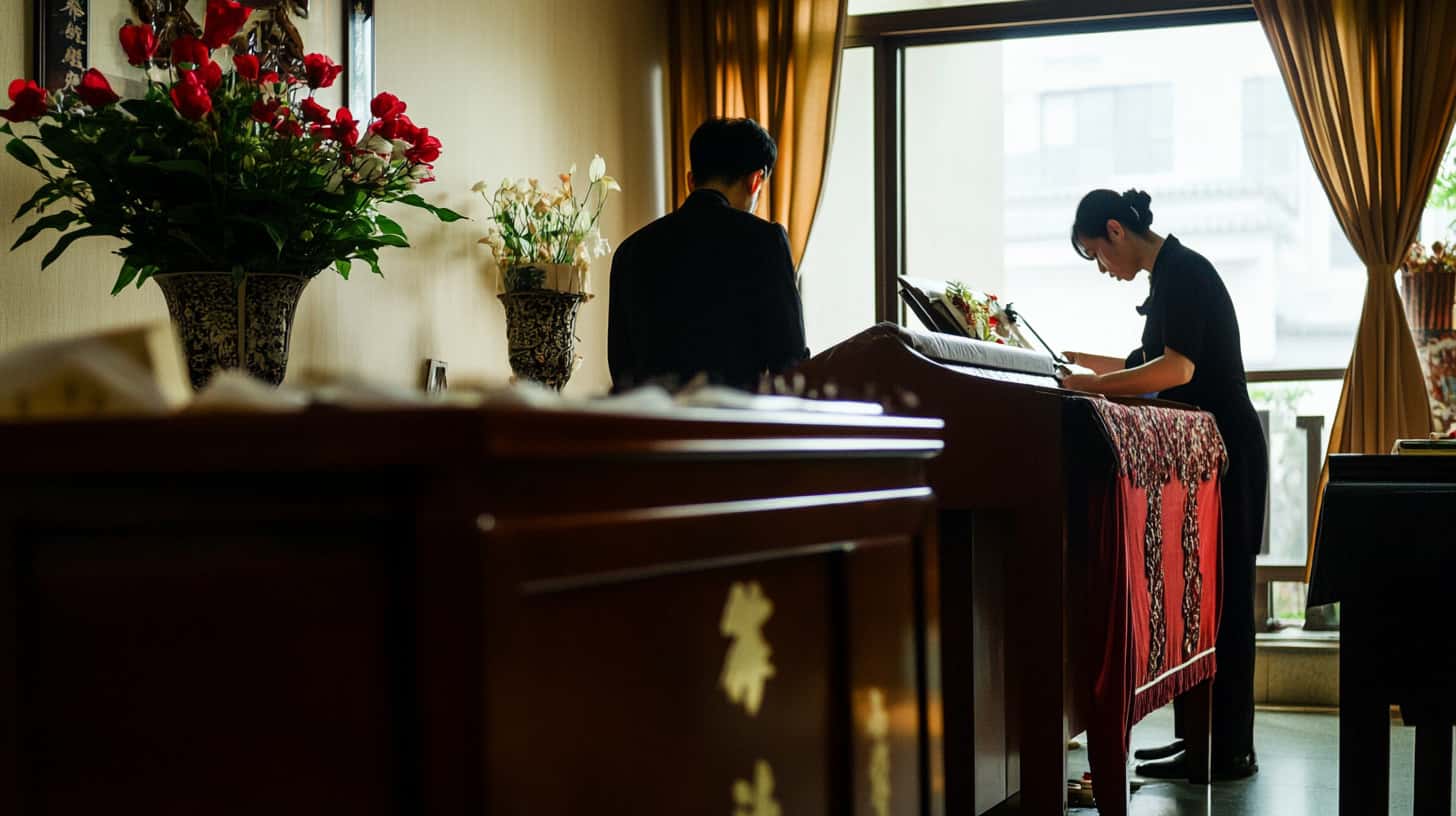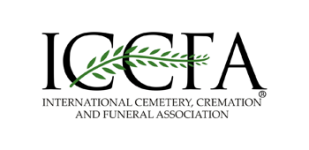How Chinese Funerals Honor the Deceased and Ancestors

Funeral customs vary significantly across cultures and traditions, specifically within the Chinese community. In Chinese culture, mourning rituals serve not only to honor the deceased but also to acknowledge and connect with one’s ancestors. For those seeking services at a Chinese mortuary in Fullerton, CA, it becomes essential to understand these rituals, as they play a significant role in ensuring a dignified farewell to loved ones while paying tribute to familial and cultural legacies.
Step Into Rich Traditions
Chinese funerals are deeply rooted in historical and spiritual beliefs. They focus on customs that reflect respect for the deceased while integrating practices that foster connections with ancestors. These rituals often vary based on regional differences, but some core elements consistently prevail.
One prevalent aspect is the respectful display of the deceased. This practice allows family and friends to pay their final respects before burial or cremation. Over the days of mourning, it is common for family members to wear white or black clothing as symbols of their grief. This demonstrates an individual’s sorrow and unifies the family in a communal experience of mourning.
While attending these ceremonies, it is customary for guests to bring offerings, including joss paper—which represents material wealth or success—burned as a token for ancestors. These offerings illustrate a fundamental concept within Chinese tradition: honoring one’s lineage and historical roots. This approach helps maintain a sense of connection and fosters remembrance, serving as a comforting practice that eases the pain of loss.
Components of Mourning Rituals
Another crucial aspect occurs within the first seven days after death. During this time, family and friends engage in specific mourning rituals, often marked by prayer sessions or religious observances. Offering incense and food at the family altar bridges the living and the dead, showcasing the ongoing relationship within families.
Cultural practices differ in communities; however, many families frequently display photographs of their loved ones at the funeral service. These images allow attendees to honor and remember those who shaped their lives. Speeches, reflections, and life stories shared during the service contribute to a unity of memory, elevating the significance of each individual—both in their lives and beyond.
The practice of ““Three Years of Mourning”” also remains significant. During this duration, family members display deep respect for their loved ones by refraining from celebrations or entertainment. This act of mourning is viewed as a display of devotion and reconnects families with their heritage. The memorial rituals during this timeframe often symbolize resilience and sibling solidarity.
Fostering a Legacy Through Rituals
Emphasizing education within honoring loved ones is paramount as it creates awareness among younger generations. The instillation of values focuses on respecting ancestors and retaining cultural identities. Wedding funerals continue to focus on embracing another generation; however, many modern families adapt these traditions to integrate contemporary practices.
As life returns to its average pace post-funeral, families often conduct “yearly remembrance ceremonies” to honor the departed. Family recruits gather at an ancestral altar during these gatherings to engage in prayers and distribute offerings. This practice honors the deceased and further solidifies familial bonds, promoting continuous flow within the family and cultural dynamics.
Younger generations opting for a combination of traditional rituals and a modern approach to funerals often create personalized ceremonies, channeling personal touches while remaining rooted in tradition. Couples, for example, may facilitate unique wedding ceremonies that incorporate traditional elements alongside individual embellishments, showing respect while nurturing evolving identities.
Conclusion
In a world where cultural practices often intertwine with personal beliefs, exploring how Chinese funerals honor the deceased and ancestors offers understanding and connection with deeper familial ties. From traditional rituals to modern interpretations, there is an inherent respect for cultural identity and heritage that ensures the legacies of loved ones are never forgotten. Families searching for a reliable Chinese Mortuary in Fullerton, CA, should remember that they are not simply providing services; they are participants in a time-honored tradition that celebrates lives lived and connections made. We invite you to contact Sunnyside Mortuary for compassionate, personalized funeral services.



